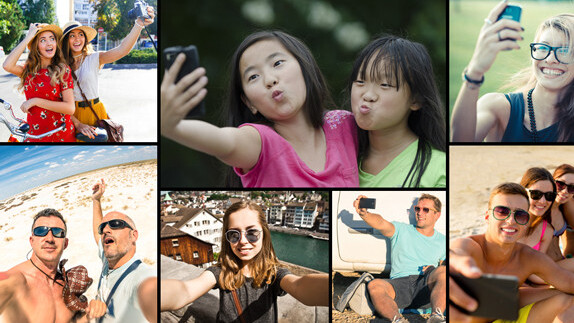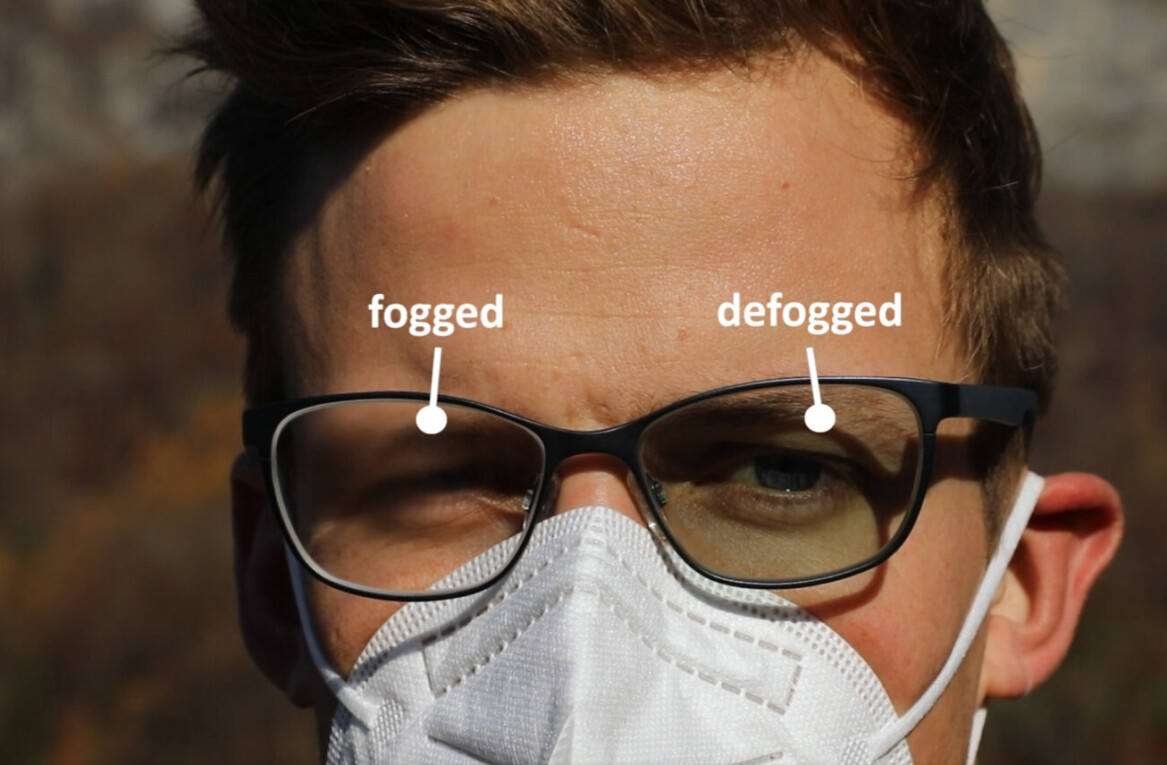
Leah Tierney is a consumer psychologist who works in content marketing at Shutterstock. This post was originally published on the Shutterstock blog and has been reprinted with permission.
Selfies are overflowing on every social media site, with everyone from the Pope to Obama being spotted in one. The word itself has been added to the Oxford Online Dictionary, and has given rise to a number of questionable spin-off terms, including “belfie” (a photo of one’s posterior), “helfie” (a photo of one’s hair), “welfie” (a photo of one working out) and “ussie” (a group selfie). On Instagram alone, a search for “selfie” results in over 230 million images.
But have you ever stopped to wonder why we do it? What does the selfie phenomenon tell us about ourselves as a society? Are we all becoming increasingly narcissistic, or are selfies merely a fun form of self-expression? Whether you love them or loathe them, the selfie gives us some fascinating insights into human psychology.

Why do we do it? Keith Campbell, Professor of Psychology at the University of Georgia, suggests that one of the reasons we love selfies is because they serve as a creative outlet. With smartphones and social media sites at our fingertips, it’s easier than ever to express ourselves to a wide audience. Speaking to Today, Campbell notes, “there are times that people use selfies as a form of artistic self-expression. This is a modern variant of artist’s self-portraits.”
Selfies also allow us to exert a greater level of control over how others perceive us online, and this is a major appeal. Thanks to front facing camera phones, we can take countless photos of ourselves until we have an image that depicts us exactly the way we want – an image that we’re happy to share with the online world. Interestingly, recent research suggests that this “selective self presentation” may actually enhance our self-esteem and boost our confidence.
And the potential benefits of the selfie don’t end there. There’s a spontaneous and intimate quality to selfies that has changed the way we document, share and remember events. We no longer collect impersonal autographs when we meet a celebrity, nor do we have to rely on postcards to share memories from our travels.
Instead, we can capture a unique moment and share it with our friends immediately. As Dr. Andrea Letamendi points out, “Psychologically speaking, there may be some benefit to participating in sharing selfies because this practice is interwoven in our social culture and is a way to interact socially with others.”


However, it’s not all good news for fans of the selfie. Increasingly, researchers are reading more serious meaning into the trend, suggesting that it represents deeper psychological and social issues. In many ways, the rise of social media, coupled with the prevalence of selfies, has increased the importance we place on appearances.
Research has linked selfies to insecurity and self-objectification, with people seeking affirmation from others in terms of likes and comments. There is also a self-reinforcing cycle involved in posting selfies, as psychologist Jesse Fox explains, “People who score higher on self-objectification post more selfies, which leads to more feedback from friends online, which encourages them to post even more photos of themselves.”
And although sharing on social media can enhance friendships, the excessive narcissism, often linked to selfies, may be damaging to the quality of our relationships. A study in the UK found that increased posting of selfies was related to decreased intimacy with others.
A reasoning being that posting numerous photos of yourself may lead to the perception that you are shallow, vain, or self-absorbed, none of which tend to be appealing traits in a friend or partner.

However, we could equally argue that selfies could be used to challenge ideals of beauty and appearance. Writing in Psychology Today, Sarah J. Gervais notes, “I like to think that Instagram offers a quiet resistance to the barrage of perfect images that we face each day.
Rather than being bombarded with those creations… we can look through our Instagram feed and see images of real people — with beautiful diversity.”
All interesting findings, but far from conclusive. Are we overanalyzing a harmless trend? Or, are there serious social side effects verging on the horizon? We’d love to hear your thoughts in the comments below.
In the meantime, if you’re looking for some selfie inspiration, there’s no shortage. Check out this curated Lightbox.
Get the TNW newsletter
Get the most important tech news in your inbox each week.





